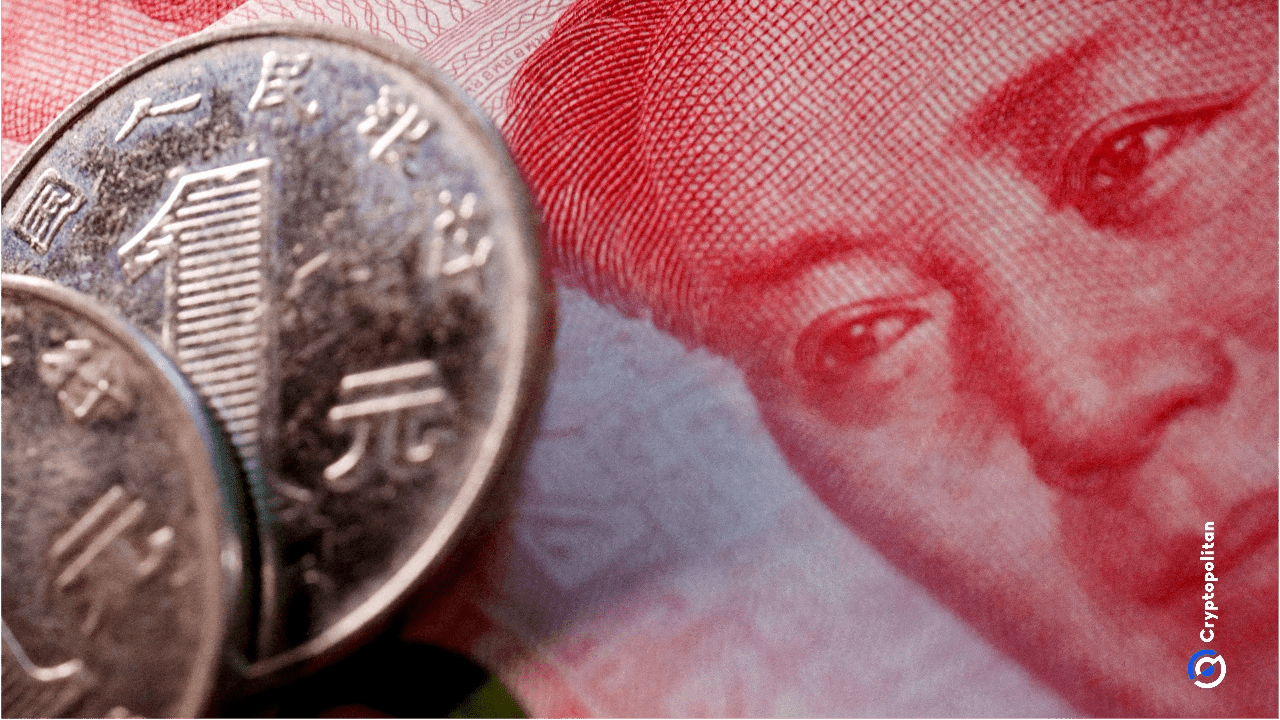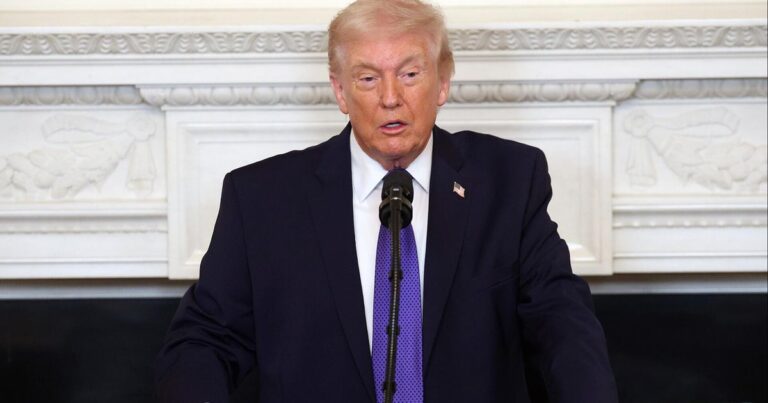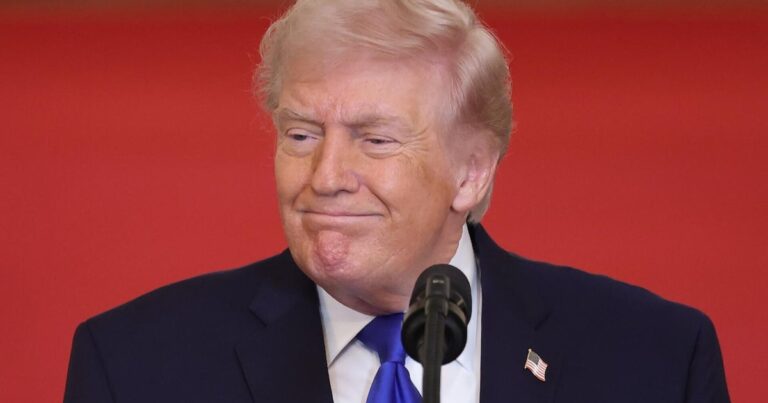
China Unveils New Draft Anti-Monopoly Rules Targeting Internet Platforms
The Chinese government has released new draft anti-monopoly regulations aimed at curbing unfair practices by the country’s largest internet platforms. As reported by Reuters on Saturday, the State Administration for Market Regulation stated that “monopoly risks are frequent in the platform economy sector” and outlined several problematic tactics used by major online companies.
The draft regulations address issues such as unfair pricing, sales below cost, account blocking, pressure to choose one platform over another, lowest-price demands across networks, and algorithm-driven discrimination. Regulators emphasized that the draft explains how officials will identify risks stemming from the actions and algorithms of large platforms.
Public feedback on the proposed rules will be accepted until November 29, giving companies a brief window to respond before official implementation. The agency clarified that the new standards aim to define what constitutes market dominance and to prevent platforms from using their size, data, or software tools to pressure sellers or manipulate user behavior. Officials expressed a desire for clear, direct standards suited to an economy reliant on large online marketplaces.
This regulatory move comes at a sensitive time for China as its leaders contend with slower economic growth and increasing friction with the United States.
China Expands Fiscal Tools to Support Domestic Demand
In related economic news, Finance Minister Lan Foan told Xinhua News Agency that China will expand counter-cyclical and cross-cyclical regulatory measures over the next five years. The government plans to set deficit-to-GDP ratios and government borrowing levels in response to evolving economic conditions.
Lan outlined a strategy that leverages the budget, taxation, government bonds, and transfer payments to support economic development and social programs. He highlighted the global situation as “volatile and unstable,” noting that competition among major countries is “more intricate and intense.” Although he did not mention the United States directly, trade, tech, and supply chain tensions with Washington continue to loom large.
Government spending will increase for industrial modernization, science and technology, education, and social security. Fiscal subsidies will be used to stimulate domestic consumption as global demand softens. Lan also detailed plans to coordinate local special-purpose bonds with ultra-long special treasury bonds, while improving management of public investment. These tools are designed to back long-term industries integral to growth, including technology and manufacturing. Lan confirmed that China will adjust spending as needed to respond to global market shifts, with measures in place to keep domestic activity stable even as other major economies slow down.
U.S. Lawmakers Warn of China’s Influence on Global Minerals Pricing
Meanwhile, a bipartisan committee in Washington raised concerns about China’s efforts to influence global minerals prices by leveraging its control over critical resources like lithium and rare earths. The House Select Committee on China released a 50-page report, as covered by Reuters, stating that Beijing’s dominance in mineral supply chains has shaped global markets and expanded its geopolitical influence.
According to the committee, both former President Joe Biden and President Donald Trump took steps to limit China’s hold over the sector before Trump returned to office this year. The report recommends government price controls on minerals and increased oversight of price reporting agencies.
The Chinese Embassy in Washington responded by dismissing the committee’s credibility and asserted that China supports the security and stability of global supply chains. Embassy spokesperson Liu Pengyu encouraged U.S. leaders to focus on “common interests,” “peaceful coexistence,” and “win-win cooperation.” Beijing maintains that U.S. concerns over rare earth export controls are exaggerated and have fueled unnecessary panic.
Committee Chair John Moolenaar (R-MI) claimed, “China has a loaded gun pointed at our economy, and we must act quickly.” The report details how China has strategically raised and lowered prices of lithium and rare earths to serve domestic priorities, citing instances when officials intervened to stabilize rising prices. The committee listed 13 policy recommendations—some already enacted—and stressed the need for multiple, coordinated responses to address the challenge China poses in critical minerals markets.
These developments add further complexity to China’s current international scrutiny over its control of supply chain resources vital to industries from electric vehicles to cryptocurrency mining hardware.
https://bitcoinethereumnews.com/finance/china-targets-unfair-practices-by-internet-platforms-in-new-anti-monopoly-rules/





